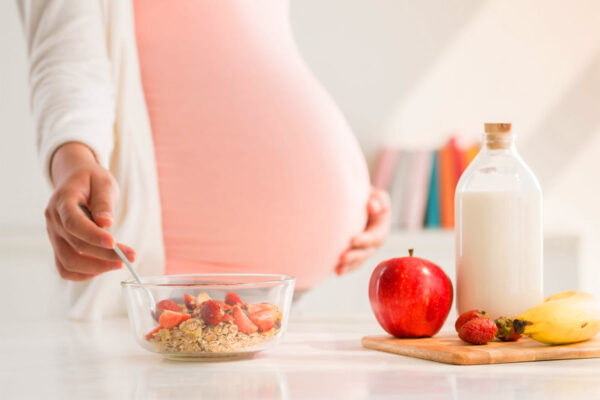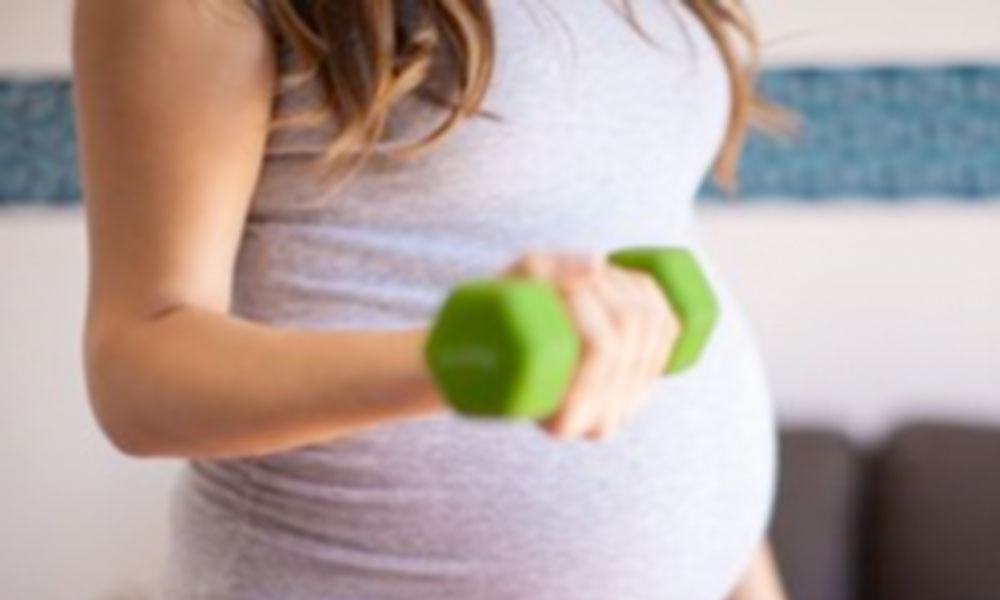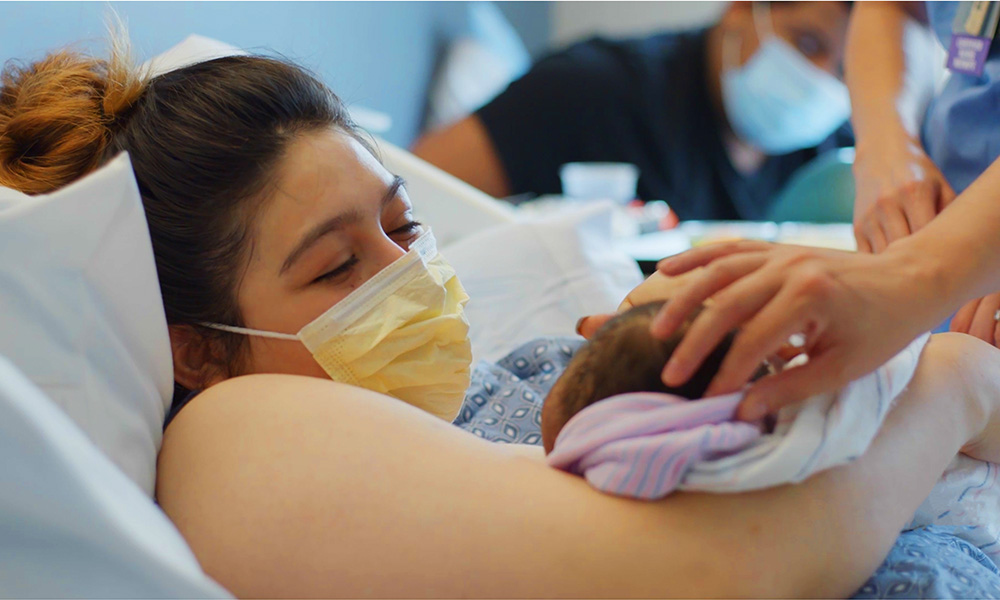Pregnancy is a crucial period in a woman’s life, and proper nutrition plays a significant role in ensuring a healthy pregnancy and a healthy baby. The food choices a woman makes during pregnancy can have a significant impact on the baby’s growth and development. Therefore, it is essential to eat a well-balanced and nutrient-rich diet during pregnancy.
Key Nutrients for a Healthy Pregnancy

- Folic Acid: Folic acid is a B vitamin, which is crucial for the healthy development of the baby’s neural tube, which forms the brain and spinal cord. Pregnant women should consume at least 400 micrograms of folic acid every day. Foods rich in folic acid include leafy green vegetables, citrus fruits, beans, and fortified cereals.
- Iron: Iron is essential for the production of hemoglobin, which carries oxygen in the blood. During pregnancy, the body needs more iron to support the growth of the baby and the placenta. Pregnant women should consume at least 27 milligrams of iron every day. Foods rich in iron include red meat, poultry, fish, beans, and fortified cereals.
- Calcium: Calcium is essential for the development of the baby’s bones and teeth. Pregnant women should consume at least 1000 milligrams of calcium every day. Foods rich in calcium include milk, cheese, yogurt, leafy green vegetables, and fortified cereals.
- Protein: Protein is essential for the growth and development of the baby’s tissues. Pregnant women should consume at least 70 grams of protein every day. Foods rich in protein include lean meat, poultry, fish, beans, nuts, and dairy products.
- Omega-3 Fatty Acids: Omega-3 fatty acids are essential for the development of the baby’s brain and eyes. Pregnant women should consume at least 200 milligrams of omega-3 fatty acids every day. Foods rich in omega-3 fatty acids include fatty fish, flaxseed, chia seeds, and walnuts.
What to Avoid During Pregnancy
During pregnancy, it is essential to avoid certain foods and beverages that can be harmful to the baby’s health. These include:
- Alcohol: Drinking alcohol during pregnancy can lead to fetal alcohol syndrome, a condition that can cause physical and intellectual disabilities in the baby.
- Caffeine: Consuming too much caffeine during pregnancy can increase the risk of miscarriage and low birth weight.
- Raw or undercooked meat, poultry, and eggs: These can be contaminated with harmful bacteria such as salmonella and listeria, which can cause food poisoning.
- Unpasteurized milk and dairy products: These can also be contaminated with harmful bacteria.
- Fish with high levels of mercury: Mercury can harm the baby’s nervous system and brain development. Pregnant women should avoid fish such as shark, swordfish, king mackerel, and tilefish.
Pregnancy is a time when a woman’s body requires additional nutrients to support the growth and development of the baby. A well-balanced and nutrient-rich diet, along with a healthy lifestyle, can help ensure a healthy pregnancy and a healthy baby. It is essential to avoid certain foods and beverages that can be harmful to the baby’s health. If you have any questions or concerns about your diet during pregnancy, consult your healthcare provider.




